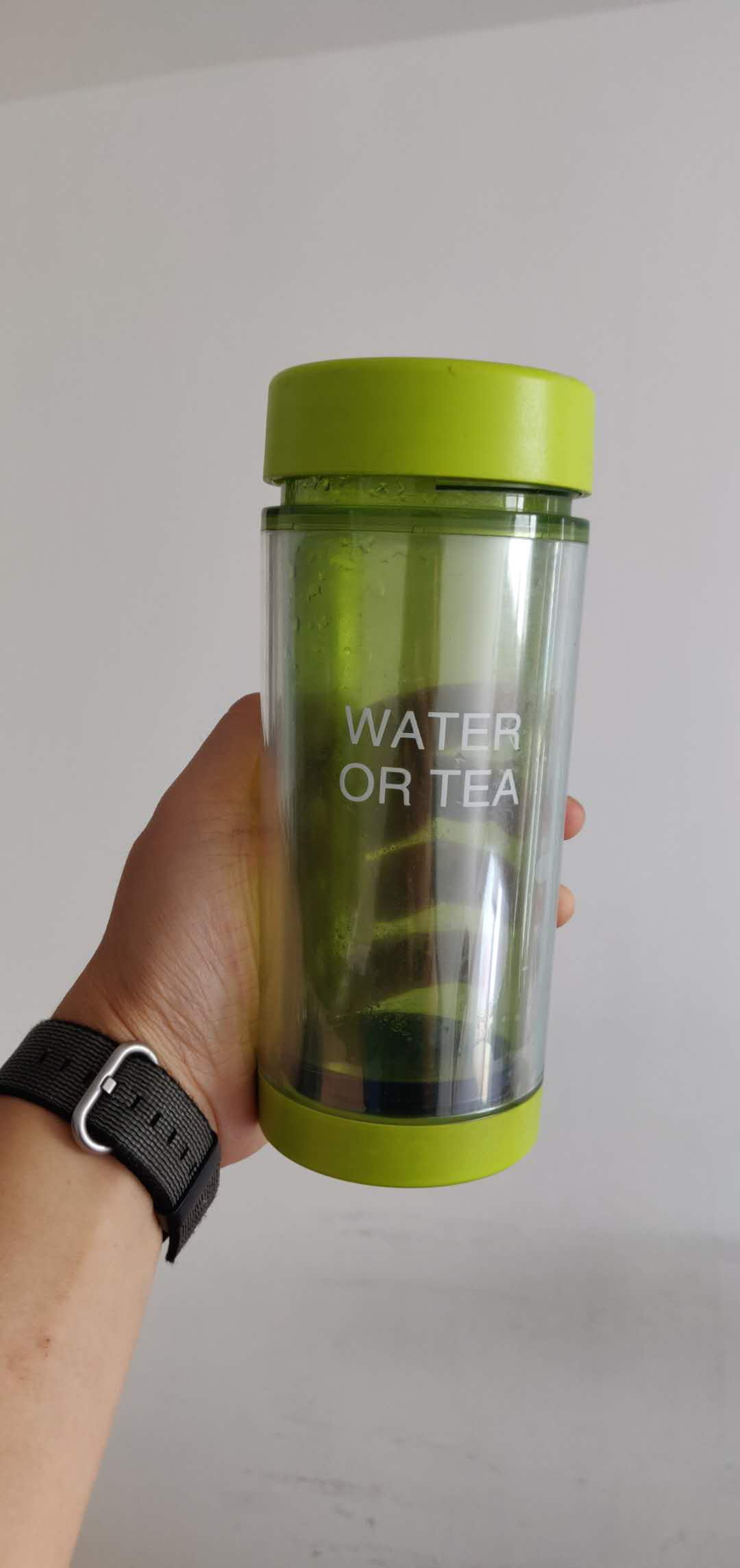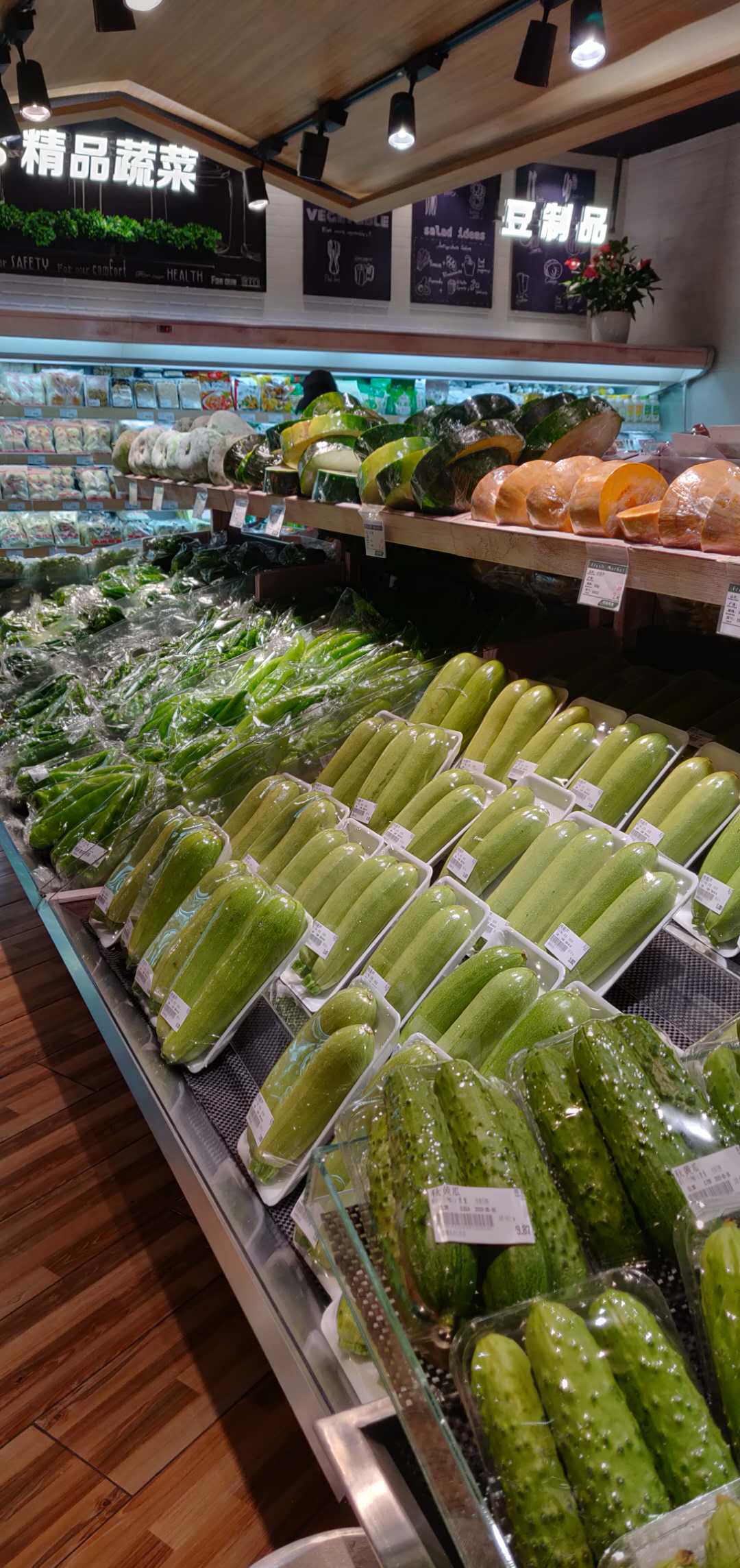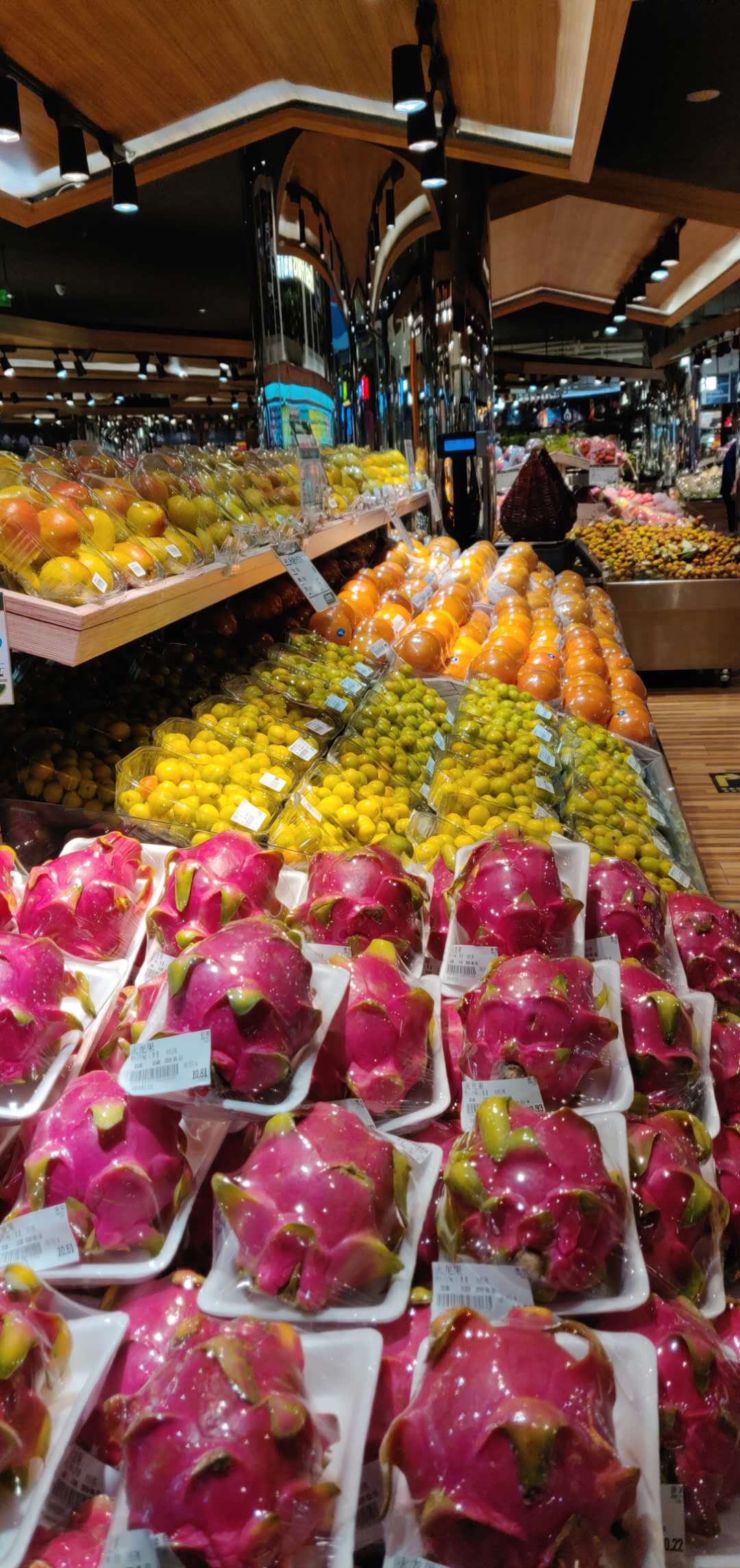We need to warn you that travelling in China while keeping the same eco-friendly habits you started at home can prove a tad more difficult, but NOT impossible. If some parts of the world are already banning plastic bags and straws, and more people and more people embracing the zero-waste concept, China hasn’t yet caught up in that sense but slowly is.
We at explorechina.cn, keep trying to find ways to become more eco-conscious in our daily lives in China. From carrying our own water bottles, saying no to the oblivious plastic bags, no to the straw before it magically appears in our drink to aspiring to become zero wasters, we believe that each step matters. While we need to admit that sometimes giving up feels like the easier choice instead of facing the weird looks, questions or amazement by people, we still push through and we want to help you stick to your eco-conscious lifestyle even when travelling in China. So we tried to compile the 5 most common & easy eco-friendly actions that you can still keep even during your trip to China.
1. Bringing your own reusable water bottle
You will quickly realise that nearly ALL Chinese bring their own reusable bottles. You will also notice that a lot of Chinese have a small vacuum flask instead of basic reusable bottles – hot water being more readily available than cold water in China, but we will keep the reasons why for another post.

What we advise?
We do not recommend you to drink tap water in China but the airports and train stations all have free water stations where you can refill your bottles. Also, it is common for people to ask cafés or restaurants to refill their small vacuum flasks and bottles, so don’t hesitate to ask a small top up if yours is empty.
2. Avoid the big supermarkets where they overwrap products – shop local


There is, unfortunately, a tendency to over pack some products in China. An extra layer of plastic here and there, polystyrene around the fruits, a box to protect the box…these are just simple examples of how overwrapping happens in China. Even though there is awareness being brought around this issue, there is still lots of room for improvement.
What we advise?
Visit local markets! If you need to buy fruits and veggies, go for a walk and you should definitely find a neighbourhood market. Items usually come in boxes and are not overwrapped like in supermarkets. The seller might propose a plastic bag but if you show him your reusable bag, he will understand that you don’t need one.
3. Bring your own coffee tumbler and save money.
If you need that daily visit to your local café, don’t worry we need it too. BUT, remember to bring your own coffee tumbler.
What we advise?
Cafés in China like Starbucks and Pacific Coffee take 3 RMB off the price of a regular cup of coffee if you bring your own tumbler. So, bring dat tumbler, save some cash and prevent another unrecyclable coffee cup from going into the landfills.
4.How to say I DON’T NEED that straw/plastic bag/coffee stirrer?
While some restaurants and cafés are already replacing straws with more eco-friendly alternatives, loads of them haven’t made the transition yet. A plastic straw in your cocktail, a stirrer in your coffee to go, a plastic bag for that single item…how to say ‘No, I don’t need it’ in Chinese?
What we advise?
If you don’t know how to speak Chinese, the simplest thing to learn is to say ‘Wǒ bú yào – pronounced like ‘wo boo yao’, meaning ‘I don’t want.’ Say it as soon as you see the bar plastic bag appearing or the straw being added to your drink and add a wave with your hand to emphasise on the meaning. This technique works! We’ve tried and tested it for you. 😉
5. Use public transport in big cities
If you are going to one of China’s megacities like Beijing, Shanghai, Guangzhou or Chengdu, we can guarantee that will prefer taking the public transport. As well as having air condition in Summer and heating in winter, subway stations are always clean, have ATM’s and have public bathrooms.
What we advise?
Instead of using taxis (and having the risk of being overcharged), download applications that give you very updated subway maps like ‘ Explore Beijing’ and ‘Explore Shanghai’. Moreover, taking public transportation in China is not very expensive and is always on time. On the other hand, taking a cab always has a high risk that you get stuck in the traffic.


Note: Public transportation does not run 24hr in China. It is then better to check the time for your last train and maybe plan ahead.








